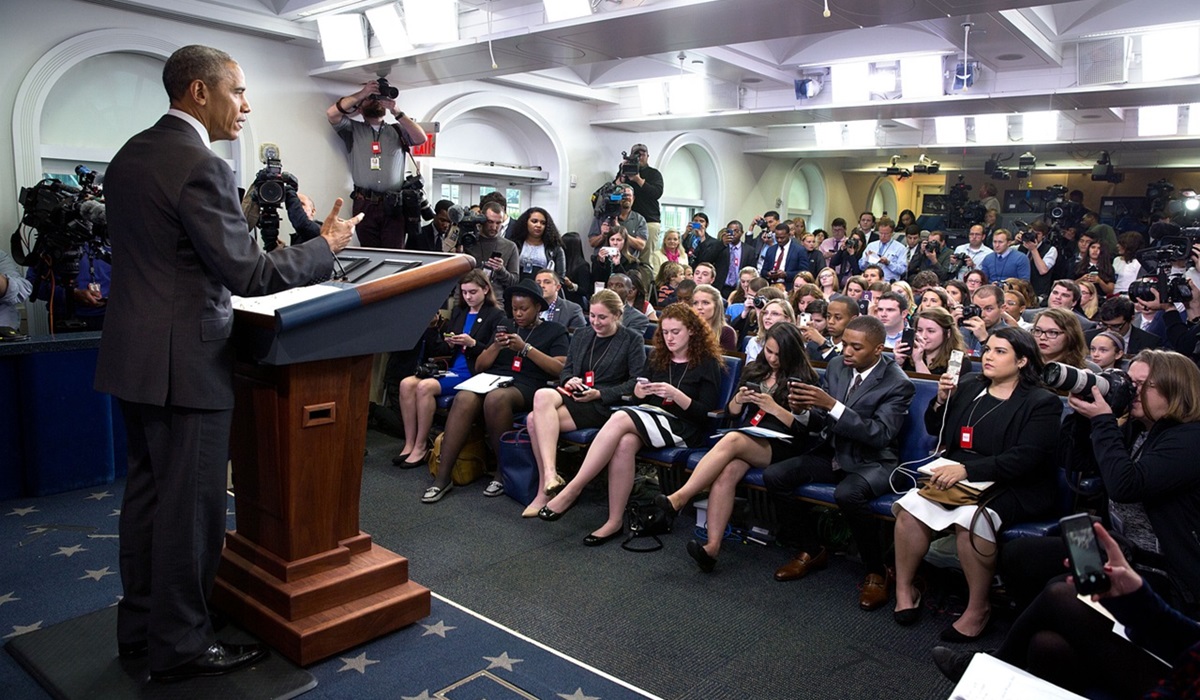The Cost of Conflict: Rethinking the Use of Tax Dollars in Yemen’s War
- Ingrid Jones
- Middle East
- U.S.A
- January 18, 2024

In the shadows of intricate global conflicts, the Yemeni war stands as a poignant testament to the toll exacted by geopolitical maneuvers. Over a week has passed since the United States and Britain plunged into a military campaign with no clear path to victory. Recent diplomatic visits by Secretary of State Blinken and Defense Secretary Austin to the Middle East, ostensibly on peace missions, raise poignant questions about the authenticity of such undertaking.
Yemen, already entrenched in internal strife, has borne the brunt of unrelenting bombings orchestrated by the U.S. and British military. The protracted conflict, characterized by its devastating impact on civilian lives and infrastructure, prompts a sobering reflection on the questionable wisdom of engaging in an unwinnable war.
While the recent trips to the Middle East may be virtuous, their sincerity is clouded by the paradox of actively participating in military operations that exacerbate the turmoil. How can one earnestly call for peace while contributing to the destruction in places like Gaza, where ceasefires remain elusive?
The underlying issue extends beyond the humanitarian toll to the destination of American tax dollars. As citizens grapple with pressing domestic concerns, realizing that funds are channelled into a seemingly endless conflict demands scrutiny. With its trillion-dollar war chest, the military-industrial complex further complicates the situation, ensuring that discussions about stopping the bombs and missiles from further destroying the region are entangled with financial interests that permeate influential circles in Congress.
Amid this complexity, a straightforward solution emerges: withdrawal. If genuine peace is the goal, disengagement from the Yemeni conflict becomes imperative. This not only halts the cycle of violence but also opens avenues for authentic diplomatic endeavours prioritizing the well-being of the Yemeni populace.
As the discussion heats up, people must carefully consider why long-lasting military operations continue. Even though stopping the fighting is not considered, it should be. This would go beyond just talking about it and turn into real efforts that show a dedication to easing the pain of innocent civilians. Achieving real peace involves recognizing that wars with no clear winner are pointless and shifting resources toward projects that benefit humanity.
The colossal trillion-dollar military budget, dedicated to combating seemingly endless global conflicts, raises critical questions about national priorities. Redirecting these substantial resources towards addressing pressing domestic issues like homelessness, poverty, addiction, mental health, the housing crisis, student loans, racial inequality, and other challenges would undoubtedly yield profound benefits for American society. Investing in the well-being of our citizens and fortifying the foundations of our nation could usher in a more equitable and prosperous future, demonstrating a commitment to resolve internal struggles that resonate far more profoundly with the everyday lives of American taxpayers than protracted overseas engagements.








